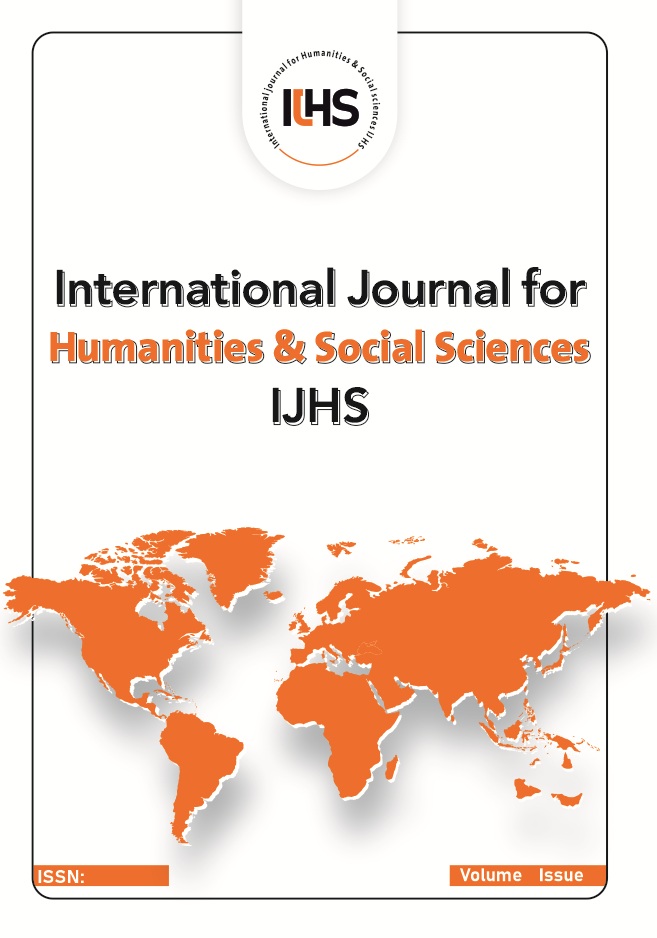The negative psychological effects of waiting in Tennyson’s Mariana
Main Article Content
Abstract
The obvious definition of waiting is staying for a particular time, for a specific reason, and in anticipation of something. But the character of Mariana in Tennyson’s poem represents a novel form of waiting in poetry; she awaited something unexpected. The Victorians were very interested in studying the mind, and this interest was shown by the rise of the “Psychological School of Poetry” in the 1800s. Alfred Lord Tennyson is one of the essential poets in that school, interested in mental disorders. This study is going to examine how hard it is to wait in Tennyson’s Mariana, how Mariana’s sense is deteriorating by using different modes of representation such as temporal, auditory, and visual, and how she had a degradation in her psyche. This study also aims to demonstrate that the external portrayal of the landscape around Mariana reveals her inner mental state; in other words, the correlation between Mariana’s psychological condition and her surroundings in the poem by means of Mariana’s subjective perception. This paper concludes that the visual of rot and blight symbolizes the progressive psychological decline of Mariana’s character; the immediate shock and disgust in creating a sense of melancholy may slowly kill her. In addition, by this poem, Tennyson attempts to show that Mariana’s misery and suffering are connected to the Victorian era; as a woman in the Victorian age, she had limited options
Article Details

This work is licensed under a Creative Commons Attribution 4.0 International License.
International Journal for Humanities and Social Sciences (IJHS) is licensed under the http://creativecommons.org/licenses/by/4.0, which allows users to copy, create extracts, abstracts, and new works from the article, alter and revise the article, and make commercial use of the article (including reuse and/or resale of the article by commercial entities), provided the user gives appropriate credit (with a link to the formal publication through the relevant DOI), provides a link to the license, indicates if changes were made, and the licensor is not represented as endorsing the use made of the work. The authors hold the copyright for their published work on the IJHS website, while IJHS is responsible for appreciate citation of their work, which is released under http://creativecommons.org/licenses/by/4.0, enabling the unrestricted use, distribution, and reproduction of an article in any medium, provided that the original work is properly cited.

